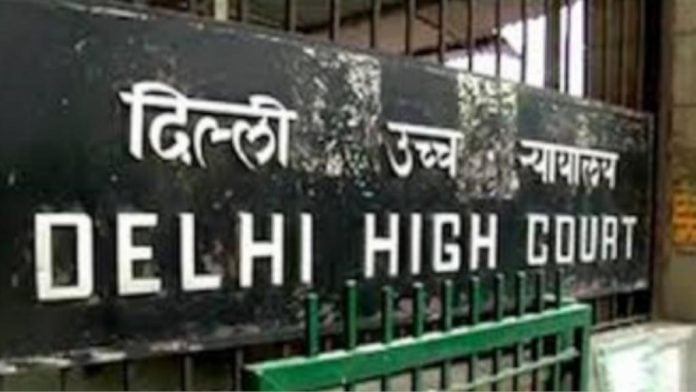The Delhi High Court on Monday has dismissed the petition filed by Directorate of Enforcement seeking revocation of ‘approver’ status accorded to accused-turned-approver Rajiv Saxena in AgustaWestland VVIP Choper Scam Case.
The agency had appealed in the High Court against the order of lower court which had turned down its plea seeking revocation of approver status accorded to Rajiv Saxena.
“Resultantly, I find myself in agreement with the view, expressed by the learned Special Judge, that, before the recording of his statement under Section 306 (4) of the Cr PC, the application, of the petitioner, as preferred before him, was not maintainable,” said Justice C Hari Shankar.
Rajiv Saxena was charged with offences punishable under Section 420 and Section 120B of the Indian Penal Code, 1860 (IPC) and under the Prevention of Corruption Act, 1988. The Enforcement Directorate had also charged him under the Prevention of Money Laundering Act, 2002
An application was filed, by him under Section 306, Cr PC, for grant of pardon which was allowed, by the Special Judge, CBI directing him to be made an approver subject to his making full and true disclosure of whole of the circumstances as are within his knowledge relating to the offence.
While Section 306 of IPC talks about tender of pardon to an accomplice, Section 308 lays down the provisions for trial of persons not complying with conditions of pardon.
The Directorate of Enforcement had moved an application before the Special judge seeking the revocation of the tender of pardon granted. According to the respondent that application was not maintainable since it was preferred Section 306, Cr PC, and not under Section 308 adding that the law does not recognize any concept of “revocation of pardon”.
The Additional Solicitor General Aman Lekhi however opposed this contention stating that application was actually relatable to Section 308 of the Cr PC, and not Section 306 and according to the law is well settled, reference to a wrong provision of law, in the title of an application or petition, is inconsequential, as long as the application is otherwise maintainable
The application contended that the respondent had exhibited bad faith, and had demurred from making a full and true disclosure of the facts and circumstances of the case, which was one of the essential conditions, subject to which pardon had been granted to him, and hence the pardon was liable to be revoked.
The special judge had dismissed the application filed seeking revocation of pardon stating that the application was immature and without any merit. The breach of the conditions of the order granting pardon has to be looked into after the approver is examined by the Session Court or Trial Court and the public prosecutor has to file Certificate that approver has committed breach of the conditions on basis of which he was granted pardon. According to Section 308 Cr PC, an opportunity has to be granted to the accused to defend himself that he has complied with the conditions on which he was granted pardon.
The Enforcement Directorate contended that before deciding on the issue of revocation of the pardon extended to him, there is no requirement of recording of the statement of the approver according to the statute.
The High Court dismissed the application and upheld the order of the Special Judge, stating that, before the recording of his statement under Section 306 (4) of the Cr PC, the application was not maintainable and issuance of certificate, by the Public Prosecutor, under Section 308 (1), Cr PC, had to be necessarily preceded by the recording of the statement of the approver, under Section 306 (4).
Read the Judgement Here;
ED_vs_Rajiv_saxena-India Legal Bureau


